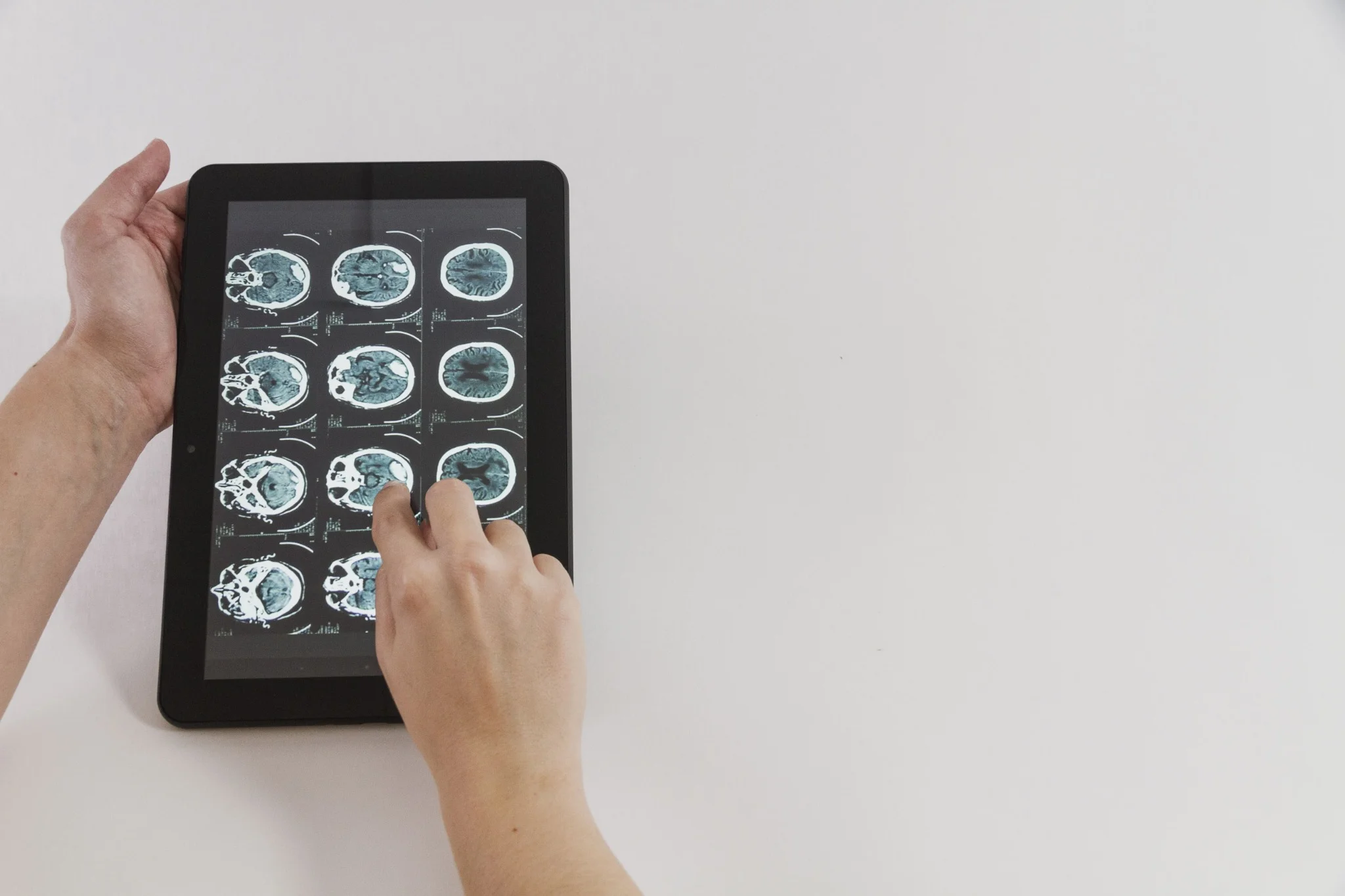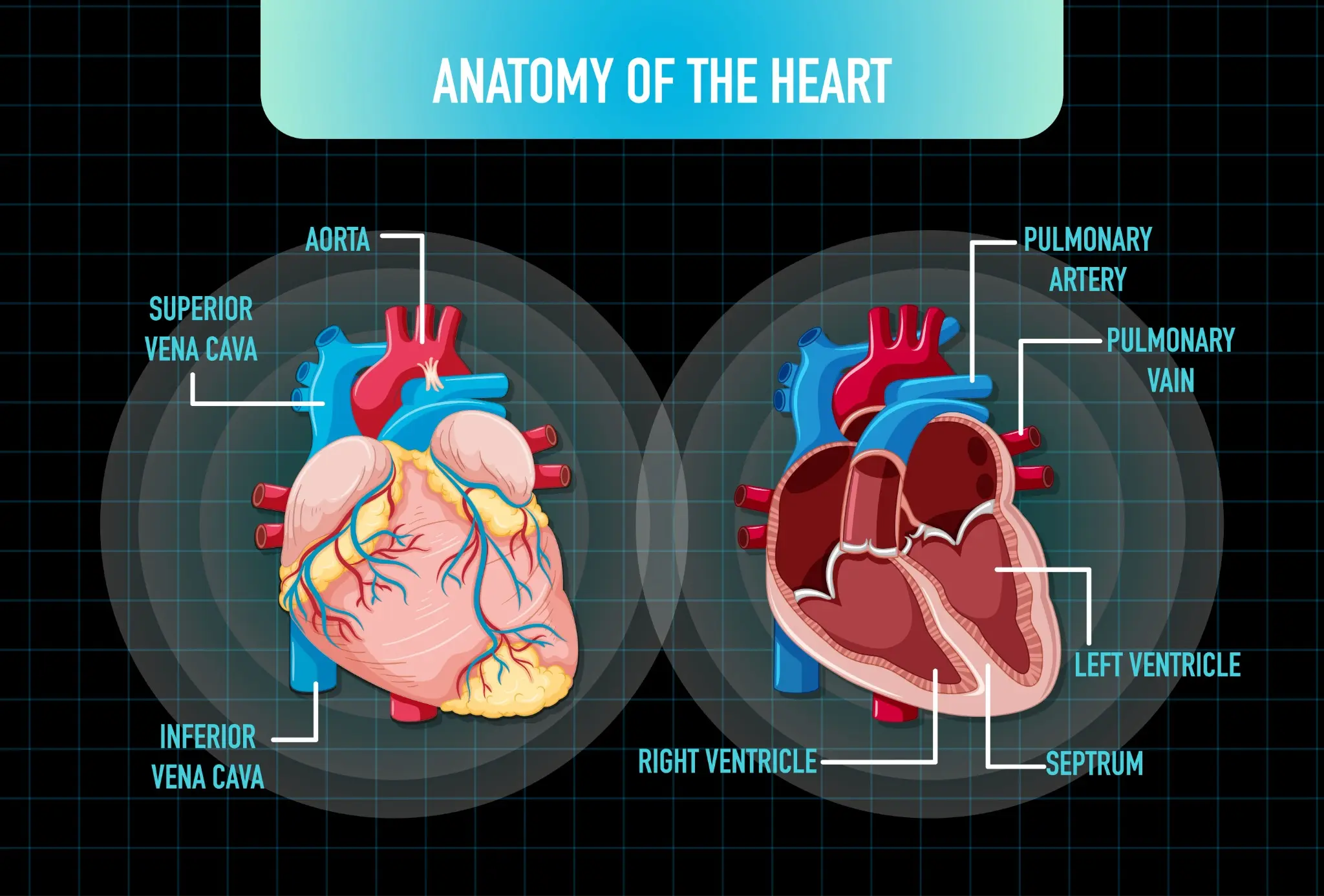Lipid Profile - Maxi Test
Lipid Profile - Maxi Overview
Cardiovascular disease is the top cause of death for heart attacks and strokes, in asymptomatic people. An excess of lipids, i.e. cholesterol and triglycerides, in the body can result in buildup in the arteries and blood vessels and may increase the possibility of heart problems. An unhealthy diet and a sedentary lifestyle often lead to a build-up of lipids in the blood. People who are obese or have diabetes and/or hypertension are more at risk of developing the condition. Thus, it is important to regularly monitor your lipid profile under the guidance of a medical practitioner. Risk factors including age, smoking status, hypertension, diabetes, cholesterol, and tryglycerides are used by physicians to identify individuals likely to have an ischemic event & to evaluate cardiovascular risk. The Lipid Profile - Maxi test measures the following components:
- Total cholesterol: This determines the body's overall cholesterol, which is the combination of LDL-C, HDL-C, and VLDL-C.
- LDL cholesterol: This type of cholesterol is bad. It can accumulate in the blood vessels and enhance the risk of heart problems
- VLDL cholesterol: This type of cholesterol is low in amount when a fasting sample is taken from the blood sample. It usually comes from the food we have recently eaten. But increased cholesterol in the fasting sample is a sign of abnormal lipid metabolism.
- HDL cholesterol: This cholesterol is good as it helps reduce LDL buildup in blood vessels.
- Triglycerides: This is the fat which we get from our food. An increase in triglycerides in our bodies can lead to cardiovascular problems.
- Lp(a): A lipoprotein particle that carries cholesterol in the blood. High levels may increase risk of cardiovascular disease.
- Apolipoproteins B/A Ratio: Ratio of two proteins that carry cholesterol; indicates risk of heart disease based on LDL (bad) to HDL (good) cholesterol levels.
Lipid Profile - Maxi Test Price
Metropolis Healthcare is a leading diagnostics centre and pathology lab in India equipped with the latest state-of-the-art technologies that provides the Lipid Profile - Maxi Test with a clear pricing structure.
The Lipid Profile - Maxi Test Price in Bangalore is ₹ 1,450 .
We are committed to deliver accurate and quality results from the best labs in India with complete transparency regarding test cost and turnaround time. No matter where you are, we strive to offer patients high-quality service that is affordable and accessible.
Frequently Asked Questions
-
Assessment of Cardiovascular Health: It provides crucial information about lipid levels in the blood, which is directly linked to heart health.
-
Monitoring Treatment Effectiveness: For individuals undergoing lipid-lowering therapy, such as statins, the test helps monitor the effectiveness of the treatment in managing cholesterol levels.
-
Identification of Familial Hypercholesterolemia (FH): FH is a genetic disorder characterized by high levels of LDL cholesterol. Lipid profile testing can help identify individuals at risk for FH.
-
Evaluation of Atherosclerosis Risk: High levels of LDL cholesterol are associated with the buildup of plaque in the arteries, a condition known as atherosclerosis. Lipid profile testing aids in assessing this risk.
-
Guiding Lifestyle Modifications: Results from the test can guide individuals in making lifestyle modifications such as dietary changes and increased physical activity to improve lipid profiles and reduce cardiovascular risk.
-
Early Detection and Prevention: Regular lipid profile testing allows for the early detection of abnormal lipid levels, enabling timely intervention and prevention of cardiovascular disease.
Measures Cholesterol-Total, HDL, Non-HDL, LDL, VLDL, Triglycerides, Lp(a), and Apolipoproteins B/A.
A healthcare provider draws blood from a vein in your arm. You might feel a slight prick; mild tenderness may occur but usually resolves quickly.
-
Low HDL → Higher risk for ASCVD.
-
High Non-HDL → Increased ASCVD risk.
-
High Lp(a) → Cholesterol buildup in arteries, increasing heart disease and stroke risk.
-
High Apo-B/A1 ratio → Increased heart disease risk.
-
Low Apo-B/A1 ratio → Reduced cardiac/stroke risk.
-
Apo-B/A1 ratio is more specific than routine cholesterol tests.
Fasting for 10–12 hours is usually required. In some cases, fasting may not be necessary—follow your doctor's advice.
-
Total cholesterol: Below 200 mg/dL
-
HDL cholesterol: Above 60 mg/dL
-
LDL cholesterol: Below 100 mg/dL
-
Triglycerides: Below 150 mg/dL
Your result may indicate borderline, intermediate, or high risk.
Diseases like diabetes, kidney problems, hypothyroidism, and liver issues may raise cholesterol levels.
Adopt healthy habits:
-
Reduce saturated/trans fats
-
Eat more fiber
-
Limit sugar and alcohol
-
Quit smoking
-
Lose excess weight
-
Increase physical activity
Recommended for people with:
-
High blood pressure
-
Smoking habits
-
Diabetes
-
Sedentary lifestyle
-
Heart attack history
Also advised for men (45+) and women (50–55+ years).
-
Lipid panel
-
Lipid test
-
Coronary risk panel
-
Cholesterol panel
Ratings & Reviews (0)
Why Metropolis?
Metropolis has a team of 200 senior pathologists and over 2000 technicians delivering diagnostic solutions in the areas of routine, semi specialty and super specialty domains like Oncology, Neurology, Gynaecology, Nephrology and many more.
We offer a comprehensive range of 4000+ clinical laboratory tests and profiles, which are used for prediction, early detection, diagnostic screening, confirmation and/or monitoring of the disease.





















 WhatsApp
WhatsApp